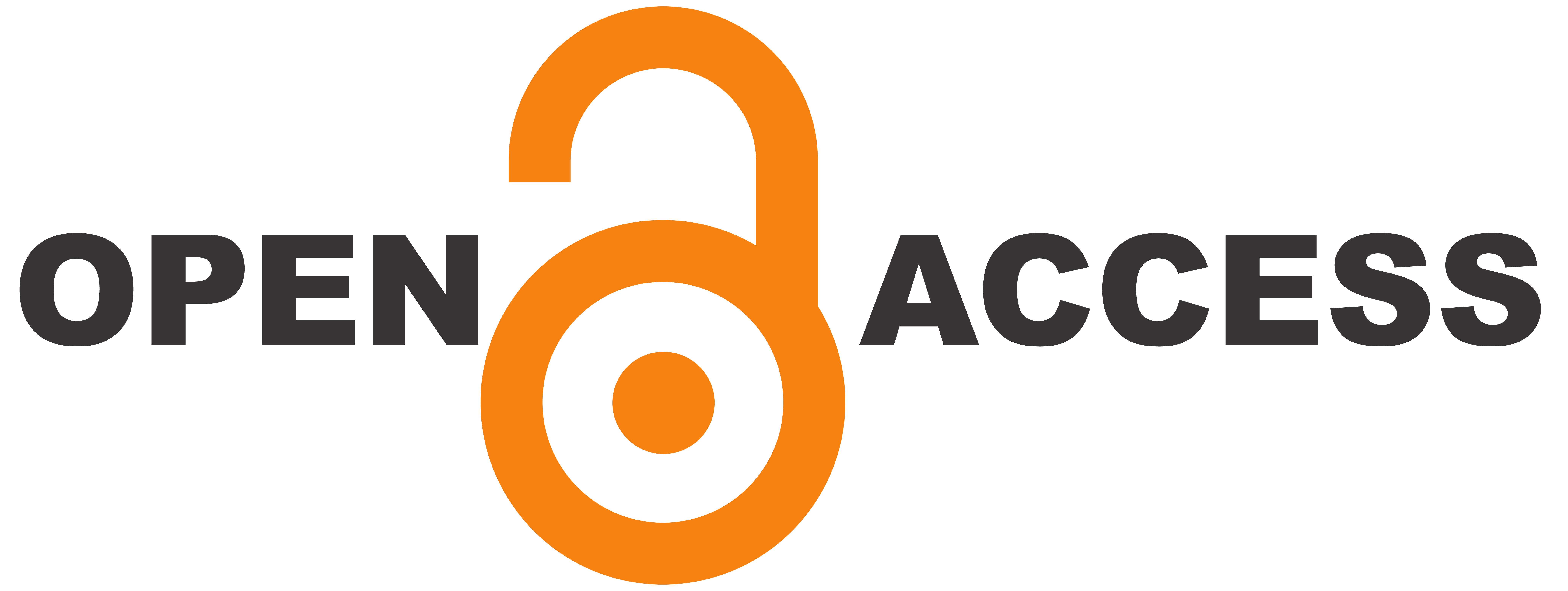- Focus and Scope
- Section Policies
- Peer Review Process
- Publication Frequency
- Open Access Policy
- Archiving
- Copyright & Licensing
- ADBU Journal Policy Document
- Repository Policy
Focus and Scope
Introduction:
ADBU Journal of Electrical and Electronics Engineering (AJEEE) - ISSN: 2582-0257, is an International Peer-reviewed Open-Access journal exploring innovative research findings in Electrical and Electronics Engineering & Technology and all its allied sciences, published bi-annually by the Department of Electrical and Electronics Engineering, Assam Don Bosco University, Guwahati, India.
Aim and Scope:
ADBU Journal of Electrical and Electronics Engineering (AJEEE) publishes scientific articles which contribute new novel experimentation and theoretical work in all areas of Electrical and Electronics Engineering and its applications. AJEEE strives to bring together researchers from Academic Institutes, Research organizations and Industries, thereby bridging the gap between research and industrial development. Thus, AJEEE contributes to the growth of electrical and electronics engineering science and technology and discusses the recent developments in different areas of this domain of study. This open-access journal allows full access to read and download articles freely.
With a keen focus on bridging research gaps, AJEEE is dedicated to exploring innovative solutions and illuminating the field with groundbreaking insights.
List of Topics:
Papers are solicited from, but not limited to the following topics:
- Hybrid Renewable Energy and Energy Saving
- Controllers, Drives and Machine Design
- Fuzzy and Hybrid Optimization
- Power Systems
- Energy Planning and Policy
- Power Electronics
- Electrical Machines
- Control Systems
- Conditional Monitoring and Instrumentation
- Circuits and Devices
- Devices and Systems
- Semiconductors
- Systems and Signals
- Power Engineering
- Communication and Information Processing
- Electrical Engineering Communications
- Electromagnetic and Microwave
- Measurement and Testing
- Artificial Immune System
- Nanoscience and Nanotechnology
- Optics and Optoelectronics
- AI and Mchine Learning
- Any other topics relevant to the latest trends in Electrical and Electronics Engineering and all its allied sciences
Section Policies
Articles
Full Issue
Peer Review Process
A manuscript, after its submission, is given to the appropriate editor who chooses referee/referees for the paper. However, if in the judgment of the editors a paper is unsuitable for the Journal, it will be rejected without external review (although, under such a scenario, authors will have the right to appeal). The journal follows a strict policy for peer review, appointing reviewers (excluding members from the Editorial and Advisory Boards of the journal) who are experts in their respective fields. Generally, two reviewers are assigned to each manuscript. In case of any dispute, the opinion of the third reviewer is sought.
Review Guidelines
If the manuscript is eligible, the Editor will send it to two individual Reviewers along with the Review link.
- The AJEEE Reviewer Dashboard is here.
Reviewers are asked to evaluate the following:
- The originality of the work
- The correctness of the methodology used
- Adherence to ethical guidelines as per the ADBU journal policies
- Whether the results have been presented well and support the conclusions
- Complete and correct referencing
- Does the article qualify for publication? (Reviewers advise the editor, who is responsible for the final decision to accept or reject the article.)
Reviewers do not correct the submissions. They simply add comments in the sections which need corrections.
Every Manuscript submitted to AJEEE is subjected to a rigorous process as follows.
Process Flow:
Step 1: [Author --» Editor]
Step 2: [Editor]
- Editor(s) assigns a unique Paper ID to the submitted manuscript.
- Next, the Editor(s) determines the quality and originality of the submitted manuscript content by doing a Plagiarism check.
- Editor(s) gives his / her first opinion on the particular manuscript, regarding its eligibility or rejection.
- If the manuscript is rejected, the Editor regret message to the Author(s). In this case, Author(s) can submit a new article.
- If the manuscript is eligible, the Editor will send it to two individual Reviewers.
Step 3: [Reviewer --» Editor]
- The manuscript may be Accepted
- The manuscript may be Accepted with minor revision
- The manuscript may be Accepted with major revision
- The manuscript may be Rejected
Step 4: [Editor --» Corresponding Author]
- The author sends (i) the final manuscript and (ii) the Author Declaration Form to the Editor.
- The author does the revision, makes necessary changes in the manuscript and re-submits to the Editor through e-mail.
- The author can submit a new article for forthcoming issues.
Step 6: [Editor --» Publisher]
Step 7: [Publisher]
Step 8: [Editor --» Corresponding Author]
Publication Frequency
The "ADBU Journal of Electrical and Electronics Engineering (AJEEE)" is a bi-annual Journal
Open Access Policy
This journal provides immediate open access to its content on the principle that making research freely available to the public supports a greater global exchange of knowledge.
Archiving
This journal utilizes the LOCKSS system to create a distributed archiving system among participating libraries and permits those libraries to create permanent archives of the journal for purposes of preservation and restoration. More...
Copyright & Licensing
Author's Right: For this Journal, the Open Access authors retain the copyrights of their papers, and all open-access articles are distributed under the terms of the Creative Commons Attribution 4.0 International License (CC-BY), which permits unrestricted use, distribution, and reproduction in any medium, provided that the original work is properly cited and to commercially use the work, if stated by the author.






